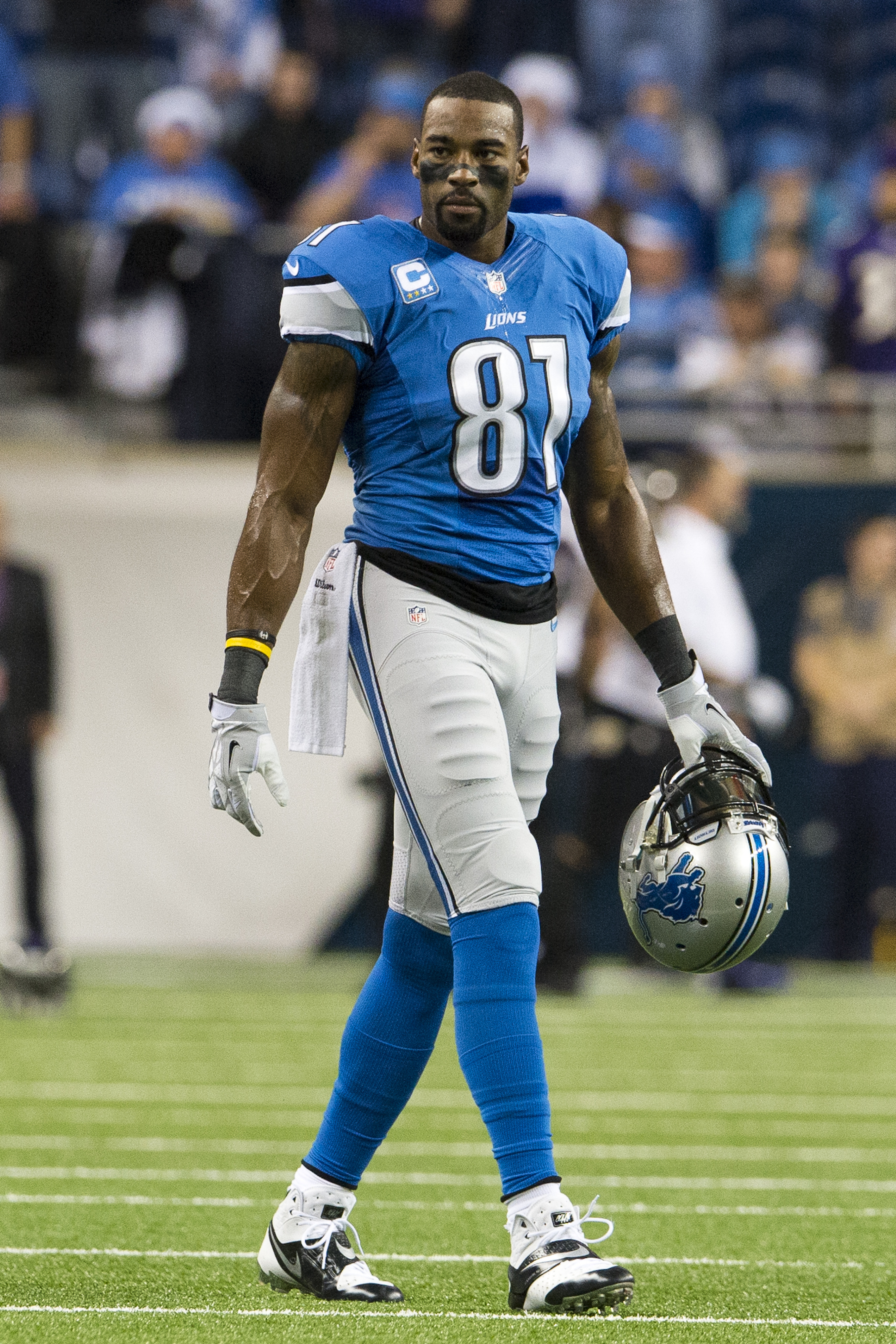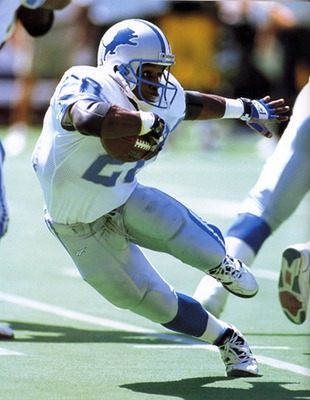Part Three:
Bobby Ross & Barry Sanders
When you have a history like the Detroit
Lions, the ‘cursed’ feeling around the team has been known to drive away people
from the franchise.
We’ve heard
it all before in how the Lions are ‘cursed’ and always seem to be perennial
losers. When you’re part of a league in the NFL that gives you over 130 million
dollars in cap room and countless opportunities throughout the year,
such as the NFL draft, free agency, and trades to improve your team though,
there’s no reason a team shouldn’t improve one year to the next. For many NFL teams,
they are able to improve easily. Just look at the Super Bowl champion Seattle
Seahawks, and how they went from no playoffs, to divisional playoffs, to being
on top of the world in 3 years.
“There’s no
magic formula (Samuelsen),”
to achieve what the Seattle Seahawks did, but when you’re the Detroit Lions
though, it seems like it takes one to put a stop to unprecedented events.

Fans and
broadcasters passionately say all the time that they can’t take all the losing
on 97.1 “The Ticket,” and sometimes
even the die-hard Lions fans exhaust all of their passion and give up on the Detroit
Lions. And as Pat Caputo said, the Lions are “national pundits… (who) falling
over themselves,” take the life out the Detroit Lions “family” week after week.
And as the Lions keep losing, the Lions lose out on players and coaches that
could take the franchise to the next level.
The story is
an easy one to tell; no one can take it. Someone may deny this by saying, “I
was feeling like I did enough, ready to move on (Schottey),”
like with Barry Sanders. Eventually though they’ll later say, “I lost the
determination to do it every day (Schottey).”
That seems to be the theme synonymous with Detroit. With Barry Sanders though, one
may ask, why him at running back with his talent, destined for the hall of
fame, abruptly ended his career after 10 years?
The Lions in
1998 at the time were extremely mediocre at 5-11 and with a down year, Barry noted
there was too much to deal with and consequently walked away from the game.
Even with the, “tough decision,” as noted by Sanders, the Lions being in
constant turmoil and a rebuilding state, gave him the grounds to retire (Schottey). He, also having the expectation of being the
one who would carry the Lions to the promise land, showed the mental pressure
was too much for him. Now with Sanders long gone, the only things remaining are
the memories of his dazzling jukes and cuts, and the image of him on the Madden 25 videogame cover as the Lions,
“fanbase… still stings from Sanders’ retirement. (Schottey)”
Then just 2 years later during the 2000 season, it was déjà vu with Lions Head
Coach Bobby
Ross.
Ross, after
experiencing Sanders leaving, a failed
playoff game in 1999 against the Packers, the usual Lions mediocrity, and,
“difficulty getting players to commit to the… program (Lacy),”
got fed up. That combined with medical concerns caused him to resign midseason.
It was another huge shock to fans, when Ross was coaching allegedly better the
playoff-winning predecessor Wayne
Fontes.
Later Ross
had regret over leaving, but he described problems in creating and keeping a
winning culture (Lacy).
The Lions ‘curse’ seemed to somehow impede him and in the end, he couldn’t take
it.
Through
Bobby Ross, Barry Sanders, and many other examples, it showed that the losing
culture of the Detroit Lions deflects instead of attracts talent. And in the process,
the Lions become worse instead of better, effectively destroying confidence in
the team. Talk about pushing someone while they’re down, huh?
 Honestly
though, no one wanted to see the Lions stay in the state they did. WCF was
always passionate throughout his ownership to win a championship. As retired
kicker Jason
Hanson said about players in Detroit, “We weren’t a product of him (WCF),
we were people (Birkett).”
And time after time, players came back to say, like Hanson and Sanders, that
they felt guilty about never winning a championship for Ford (Birkett).
WCF’s ownership was based on “kindness and generosity (Birkett),”
but the Lions’ losing culture and the way WCF managed though drove people away
from the organization.
Honestly
though, no one wanted to see the Lions stay in the state they did. WCF was
always passionate throughout his ownership to win a championship. As retired
kicker Jason
Hanson said about players in Detroit, “We weren’t a product of him (WCF),
we were people (Birkett).”
And time after time, players came back to say, like Hanson and Sanders, that
they felt guilty about never winning a championship for Ford (Birkett).
WCF’s ownership was based on “kindness and generosity (Birkett),”
but the Lions’ losing culture and the way WCF managed though drove people away
from the organization.
The time for
the Lions to win is now.
Works Cited
Birkett, Dave. "Jason Hanson Feels Bad about Detroit Lions Not
Winning More for William
Clay Ford." The
Detroit Free Press. N.p., 10 Mar. 2014. Web. 26 Mar. 2014.
Lacy, Eric. "Former Detroit Lions Coach Bobby Ross Says Jim Caldwell
Has a 'tremendous
Background'" M-Live.
N.p. Samuelsen, Jamie. "
Samuelsen, Jamie. "Jamie Samuelsen's Blog: Three Keys the Detroit
Lions Should Get from
Seahawks' Super Bowl Win." The Detroit Free Press.
N.p., 4 Feb. 2014. Web. 26 Mar.
2014.
Schottey, Michael. "Detroit Lions Legend Barry Sanders Talks Madden
Cover and Why He Left
the Game." Bleacher
Report. N.p., 25 Aug. 2013. Web. 26 Mar. 2014.
Week 15: Baltimore Ravens vs.
Detroit Lions Highlights. Dir. NFL Videos. Perf. The Detroit
Lions and The Baltimore Ravens. NFL.com. N.p., 17 Dec. 2013. Web. 24 Dec. 2013.

No comments:
Post a Comment